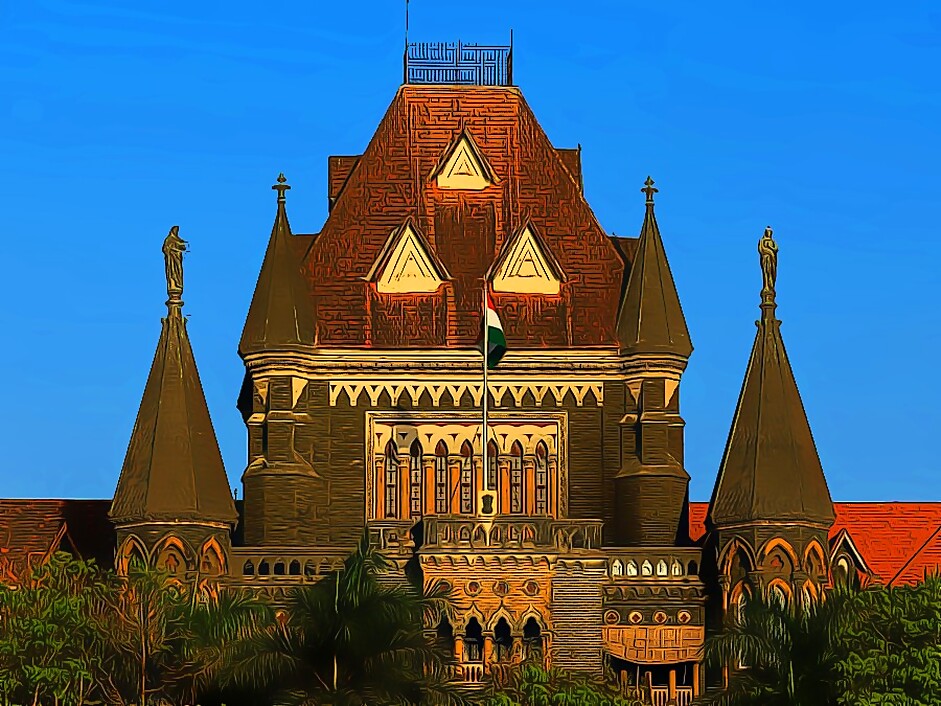Prosecution case stands vitiated on account of non-compliance of sections 42 (2) & 50 of NDPS Act, says Bombay HC

Read Judgment: SHRI D BHAMBRI vs. EKNATH MARUTIRAO KALMETKAR & THE STATE OF MAHARASHTRA
Pankaj Bajpai
Mumbai, October 19, 2021: The Bombay High Court has held that non-compliance of Sections 42(2) & 50 of the Narcotic Drugs and Psychotropic Substances Act, 1985 (NDPS), would go to the root of the matter and vitiate the trial, because if the overall evidence does not at all inspire confidence then it is highly unsafe to rely upon the same.
While dismissing the appeal, a Division Bench of Justice Sadhana S. Jadhav & Justice Prithviraj K. Chavan observed that conviction cannot be based on foundation of conjectures and surmises, when there are no independent witnesses.
The observation came pursuant to an appeal preferred by the Investigating Officer (IO) challenging the judgment and order of acquittal passed by the Special Judge (NDPS Court), Greater Mumbai dated March 26, 1996 by which Eknath Marutirao Kalmetkar (respondent) came to be acquitted of the offences punishable under the NDPS Act as well as the Customs Act.
The High Court has held that the prosecution case itself stands vitiated on account of non-compliance of section 42(2) and section 50 of the NDPS Act, and it is equally important to note that except officials of the Narcotics Control (NCB), there is no evidence of any independent witness except the owner of the tempo i.e., Ankush Bhoite, who turned hostile.
Speaking for the Bench, Justice Chavan noted that Section 50 of the NDPS Act is an important provision in the Act conferring a valuable right upon the accused, in the sense, to appraise him about his mandatory right to get searched by nearest Gazetted Officer of any Department mentioned in section 42 or to the nearest Magistrate.
Stating that Section 50 is not an empty formality and the law on that aspect is no more res integra, Justice Chavan clarified that it is in the form of a safeguard with a view to see that the authorized officers do not misuse the powers conferred upon them by the Statute.
The High Court went on to add that there is no evidence in the complaint that the copy of the information received by the officer was forwarded to the superior official and the complaint is also silent as regards appraisal of the legal right to the accused.
The Division Bench observed that pursuant to the search of the accused,the third prosecution witness, Shastrinath Sawant, in his cross examination, though had stated that the accused was appraised of his legal right, nevertheless, it did not find place in the complaint and, therefore, it could safely be inferred that this witness, by way of an afterthought, stated about the said fact only with a view to suit the prosecution story.
Confessional statement alleged to have been given by the accused was essentially a weak piece of evidence which did not have any corroboration from the other evidence on record, added the Bench.
Justice Chavan stated that ‘Ipse dixitism of the prosecution witnesses’ cannot be accepted as a gospel truth, more particularly, in the light of the fact that the prosecution had failed to establish that the accused, in fact, was in conscious possession of the contraband.
“The prosecution has not adduced any evidence as to from which place the consignment was loaded and was destined to which foreign country. Sum and substance of his evidence is that he could not identify the accused in the dock as to the person who had engaged his tempo on hire at the relevant time for transporting goods. Rather, it is his evidence that on the date of the incident besides the cleaner, the person who was owner of that consignment were with him. It is an unsolved mystery as to who was the real owner of the consignment and what was his name”, observed Justice Chavan.
The High Court pointed out that there is one more glaring defect in the prosecution case, wherein the ninth prosecution witness, Kishor Dave, failed to identify the accused in the dock by testifying that since there was a large crowd, it was not possible for him to identify any person.
He made it clear in so many words that he did not know whether the person sitting in the dock was the accused, which indeed gave a big jolt to the prosecution case, added the Court.
Therefore, the High Court concluded that the Special Judge had rightly appreciated the entire evidence and circumstances on record and reached a legal and proper conclusion in acquitting the accused.
Sign up for our weekly newsletter to stay up to date on our product, events featured blog, special offer and all of the exciting things that take place here at Legitquest.




Add a Comment